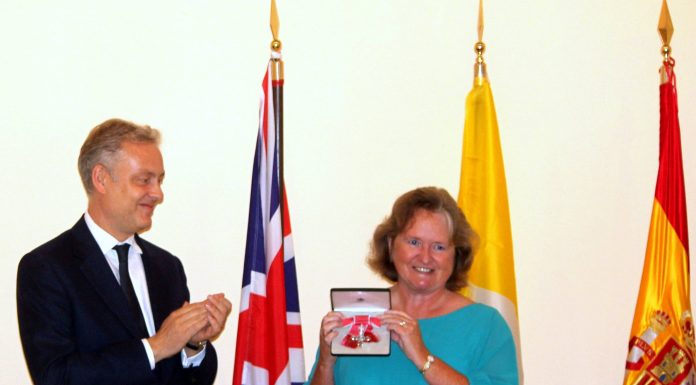Email
February 18
My husband and I are thoroughly enjoying spending three months here every year, January to March, and have considered buying a property and living here permanently. We buy your newspaper every week and we’re very interested in the article this week concerning healthcare as we both have had to use your excellent healthcare system this year.
However, as we are both in our late 70s, what also interests us is social care for the elderly and the entire system in Spain concerning care homes for the elderly and end-of-life care.
I work as a volunteer with the Alzheimer’s Society in the UK and know how dire the care of the elderly is in Britain. The future scares me in the UK, but is it any better in Spain? Is there any care for the elderly in their homes for which they do or do not pay? How are care home fees funded if one partner is still living in their joint property?
The friends we have made here don’t know the answers to these questions. An article about the situation would be much appreciated.
Thank you
Margaret Salter
Dear Mrs Salter
Our reply comes from our regular contributor and expert in welfare issues, Pamela Dawson Tasker:
First of all, Mrs Salter, if you intend to make Spain your home for the foreseeable future it is important to know that taking out a ‘residencia’, ie registering with the National Police and getting your official NIE number, should be your first move. This will give you the full rights to use the Spanish health service for all your needs, with access to a GP and consultants through your SIP card – everything covered.
The medical care and attention are excellent, I can assure you, having had breast cancer and recently a valve replacement in my heart – serious ops and with follow-ups at frequent intervals. I cannot speak too highly of the Spanish national health system.
For assistance with obtaining paperwork there are reliable ‘gestors’ in all areas who can do this for you.
Next is to register on the ‘padrón’ at the town hall of the town in which you choose to live. This is just the town’s list of their residents. It has no connection with the tax office. This will also give you access to the local social services department, who can provide access to certain income-related benefits and aspects of social care as and when needed.
There is a number of British-run voluntary organisations to call on for advice and emergency assistance and who have a store of aids like crutches and wheelchairs to lend out and who can provide translators/interpreters for hospitals and visits to the GP. Also, specialist charities to help cancer patients and those with Alzheimer’s.
Looking towards the future:
Residencias or nursing homes are excellent, and if not British-run are multi-lingual, but they are private and therefore can be expensive.
I have personal and recent experience, as I have friends living there, of two seniors resorts in my locality which are like small urbanisations with individually owned apartments, healthcare, restaurant and social facilities on site.
A number of domestic care agencies with English-speaking staff are available, but again they are not free.
The pages of the Costa Blanca News carry contact details for every service I have mentioned.
I hope this is of some help to you, Mrs Salter, and that you choose to join us here on the Costa Blanca to enjoy a problem-free retirement.

































